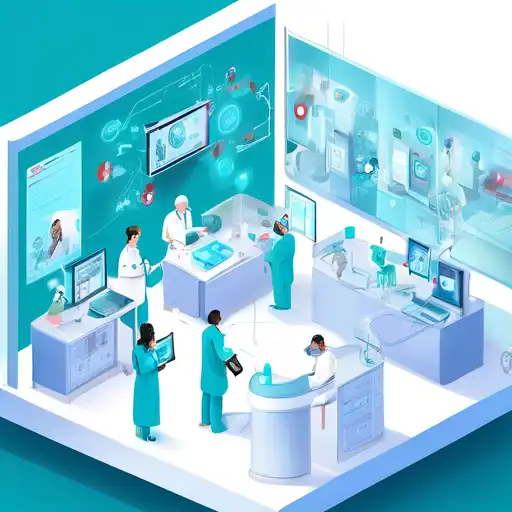Introduction to IoT in Healthcare
The Internet of Things (IoT) is revolutionizing various sectors, and healthcare is no exception. By integrating IoT devices into healthcare services, providers can offer more personalized, efficient, and effective care. This article explores how IoT is transforming healthcare services, improving patient outcomes, and streamlining operations.
Enhanced Patient Monitoring
One of the most significant benefits of IoT in healthcare is the ability to monitor patients in real-time. Wearable devices and sensors can track vital signs such as heart rate, blood pressure, and oxygen levels, transmitting this data directly to healthcare providers. This continuous monitoring allows for early detection of potential health issues, enabling timely intervention.
Improved Medication Management
IoT devices also play a crucial role in medication management. Smart pill dispensers remind patients to take their medication on time and in the correct dosage. These devices can also alert healthcare providers if a dose is missed, ensuring that patients adhere to their treatment plans.
Streamlined Operations
Beyond patient care, IoT is streamlining healthcare operations. Asset tracking devices help hospitals manage medical equipment efficiently, reducing costs and improving service delivery. Additionally, IoT-enabled systems can automate administrative tasks, freeing up staff to focus on patient care.
Challenges and Considerations
Despite its benefits, the integration of IoT in healthcare comes with challenges. Data security and privacy concerns are paramount, as sensitive patient information is transmitted across networks. Healthcare providers must implement robust cybersecurity measures to protect this data.
The Future of IoT in Healthcare
The potential of IoT in healthcare is vast. With advancements in technology, we can expect even more innovative applications, such as remote surgery and AI-driven diagnostics. As the healthcare industry continues to embrace IoT, patients and providers alike will benefit from improved services and outcomes.
For more insights into how technology is transforming healthcare, explore our articles on digital transformation in healthcare and the role of AI in medicine.
